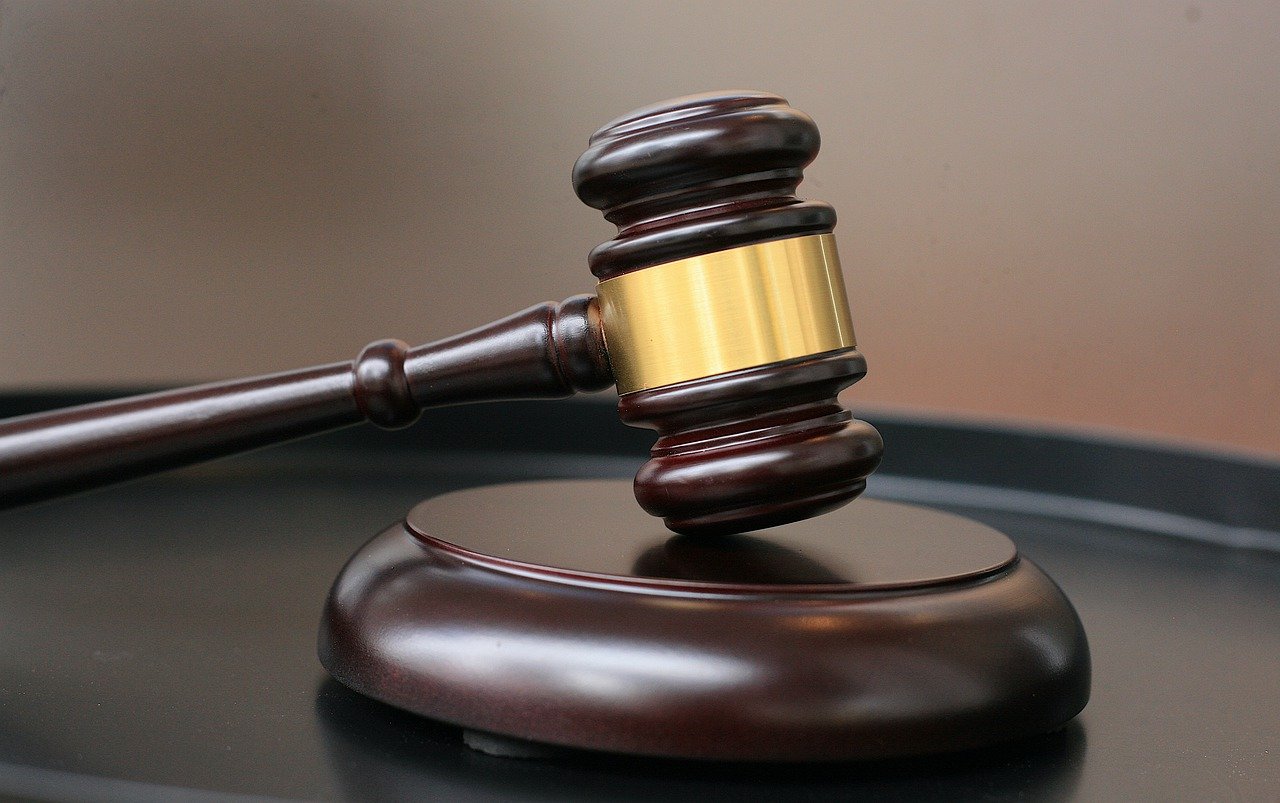
The 2021 recall of millions of continuous positive airway pressure (CPAP) machines led to consumer lawsuits that were condensed into a class action. The sleep apnea machine maker Philips agreed to a $1.1 billion settlement for injuries that users and families claimed ranged from respiratory problems to cancer to death. Some of the settlement money will go toward funding research and treatment of the injuries patients said they incurred.
Worldwide, the Class I recall involved about 15 million Philips CPAP and bi-level positive airway pressure (BiPAP) ventilator machines. According to the U.S. Food and Drug Administration, Class I means there is a reasonable probability that using or being exposed to the product will cause severe health problems or death. Philips sold the devices in the U.S. between 2008 and 2021 under its Respironics brand.
Class action plaintiffs sued Philips for releasing a poorly designed device and not warning customers about its dangers. The FDA also accused Philips of not acting when management knew the degrading foam used to quiet CPAP and BiPAP machines was a real danger, even though Philips knew about it as early as 2015.
Since April 2021, the FDA has received more than 116,000 Medical Device Reports concerning the safety of the insulating foam, including 561 reported deaths suspected or known to be related. During an inspection of a manufacturing plant in 2021, the agency learned that Philips, through a subsidiary, had implemented preventative measures as early as 2015 after numerous complaints about the defective foam insulation. In announcing the settlement, Philips and Philips Respironics denied liability or fault, announcing its devices did not cause any injuries, but management is pleased a resolution has been reached.
The FDA found that polyester-based polyurethane foam used in CPAP and some BiPAP machines to quiet sound and vibrations breaks down, most notably in warm and humid climates. The FDA noted that the foam and invisible chemicals, including formaldehyde and other Volatile Organic Compounds (VOCs), were ingested or inhaled, causing complications like dizziness, vomiting, headaches, and irritation of the respiratory tract, skin, and eyes.
Philips has agreed to replace the polyester foam with silicone foam in devices still in use, but its current respiratory units are on hold until the company satisfies the consent decree agreed to with the government.
The $1.1 billion settlement includes $25 million for medical monitoring after successful mediation by retired magistrate Judge Diane M. Welsh. However, the final act is to file it with a Pennsylvania federal court, in the state that has been a robust manufacturer of the devices. Analysts believed the result would be a higher settlement, and investors in the Dutch-based company rewarded Philips with a one-day record stock price.
The company anticipates settlement payments will be distributed to the 58,000 users of the recalled devices who filed claims and suffered significant injuries and to research starting in 2025. Roy Jakobs, the CEO of Philips’ parent company, Royal Philips, said the company regrets patients’ experience, but the issue is almost over.
Another class action lawsuit seeking financial damages after the devices were recalled was settled a week before the suit claiming physical injuries. The estimated $613.3 million, which includes attorney fees of $94.4 million, reimburses patients and insurance companies for their outlay. Philips plans to pay these claims in 2024. The class action was overseen and approved by U.S. Western Pennsylvania district Judge Joy Flowers Conti, who also appointed Judge Welsh to mediate the injury class action. Consumers were required to return their recalled devices by August 9, 2024, to receive a $100 award and possibly a device replacement.
ACT NOW! December 10, 2024 is the deadline for law firms to submit settlement packets.